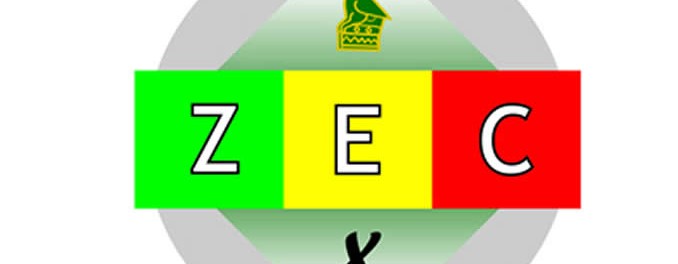Here is a summary of the complex section n the Electoral Commission. The comments in italics are my own.
The Zimbabwe Electoral Commission is said to be independent, but its chairperson and 8 members are chosen by the President from lists submitted by the parliamentary committee on Standing Orders. Its chairman must be a judge or someone qualified to be a judge, recommended by the Judicial Services Commission, but he can reject their choice.
Members should not serve for more than a total of 12 years and should not be already employed by government or be members of any political party.
NB the recently formed council of elders is not provided for in the Constitution. They should not be allowed to influence how the elections are prepared and conducted or how the results counted, compiled and presented. So what is the purpose of this body?
The Commission’s job is to prepare for, conduct and supervise all elections of President and Parliament of provincial and metropolitan councils and the governing bodies of local authorities, of members of the National Council of Chiefs and referendums and to ensure that those elections and referendums are conducted efficiently, freely, fairly, transparently and in accordance with the law.
It also supervises elections of the President of the Senate and the Speaker of Parliament.
Preparing for elections includes registering voters, compiling voters’ rolls, keep them up to date and safe and make them available for inspection by candidates, parties and members of the public in good time before any election
NB This always seems to be a difficult condition for them to observe, but without it no election is transparent and nobody knows whether it is free or fair.
The Commission also
-
delimits electoral boundaries of constituencies, wards and other;
-
designs, prints and distributes ballot papers, approves the form of ballot boxes and procures them, and establishes and operates polling centres;
-
conducts and supervises voter education;
-
accredits observers of elections and referendums;
-
can give instructions to civil servants, whether they work for central government local authority for the purpose of ensuring the efficient, free, fair, proper and transparent conduct of any election or referendum; and
-
can receive and consider complaints from the public and take any action in regard to the complaints which it considers appropriate.
At election times, extra staff to run each polling station and the centres where results are compiled can be seconded to the Commission, who will train them and direct them during the election period.
Nobody, not even government officials may interfere with the Commission in performance of its duties. State and local government officials are urged to give it all the assistance it may require.
The Commissioners and anyone they employ to help run elections must respect the voters’ confidentiality and do all they can to prevent anyone else from interfering with how people vote and how the ballot papers are kept, counted and how the results are announced. No Commissioner may seek any government post. They may not do anything for any party beyond the duties they have to assist all parties to ensure free and fair elections; thy may not wear any badge that might even seem to be for a political party.
If you come across any electoral abuse or malpractice, you bring a case in court against offender or the Commission. You should probably seek the help of a lawyer because you will need good advice. The Election Support Network, Lawyers for Human Rights or the Catholic Commission for Justice and Peace are among the organisations who can help you get a lawyer who will not charge for taking on a case like this.
Post published in: Featured



The law says ZEC must produced a verified voters’ roll at least one calendar month before nomination day for a nation wide election. As far as I know Zimbabwe has never produced a verified voters’ roll since the country’s independence in 1980.
What is more the opposition have participated in these national elections without even asking ZEC why!
According to the legislation, the ZEC is required to submit a voters’ roll that has been verified at least one calendar month before the day that nominations begin for a nationwide election. Since the country’s independence in 1980, Zimbabwe has never, to the best of my knowledge, issued a voters’ roll that has been independently confirmed.
In addition to this, the opposition has taken part in these national elections without even inquiring as to why they are being held.